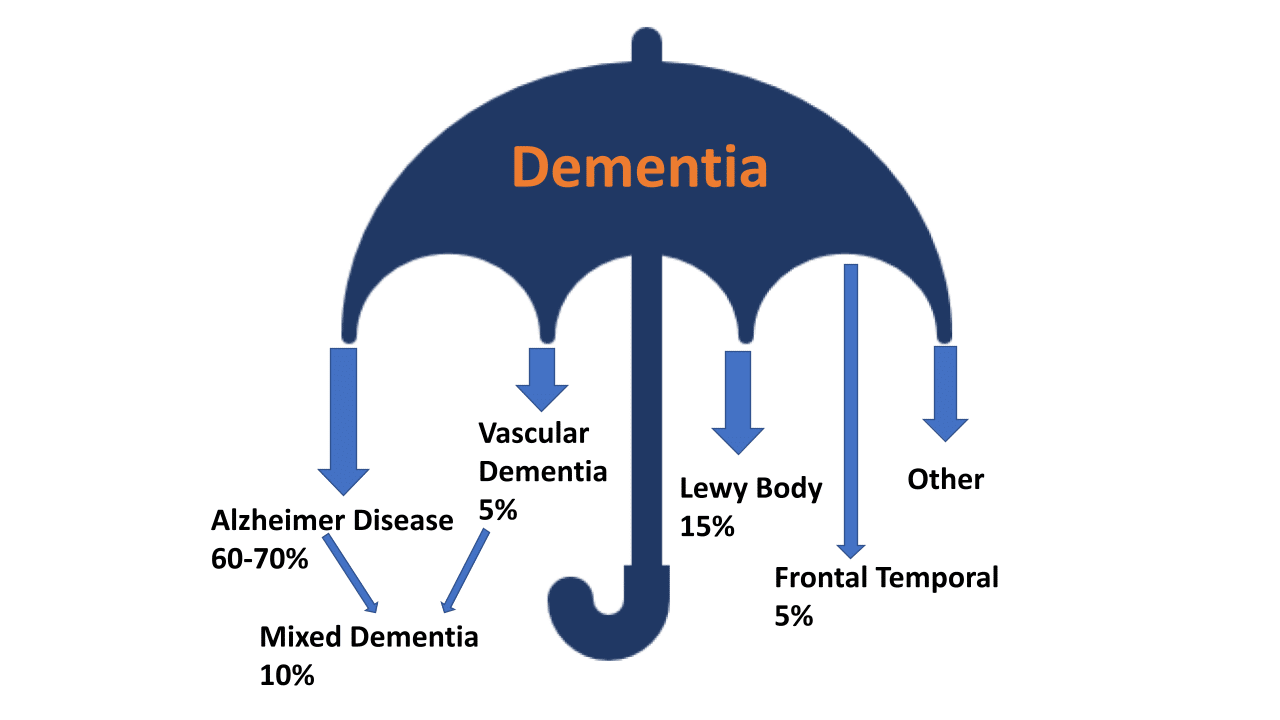Dementia is an overall term for a set of symptoms that is caused by disorders affecting the brain. Symptoms may include memory loss and difficulties with thinking, problem-solving or language, severe enough to reduce a person’s ability to perform everyday activities. A person living with dementia may also experience changes in mood or behaviour. These dementia symptoms are irreversible, which means that any loss of abilities cannot come back.
But there is help.
Learning how to live well with dementia and manage the symptoms can help you gain control and confidence throughout your experience. The Alzheimer Society is here to provide you with the support and information to do just that.
Dementia is not a normal part of aging. Symptoms include difficulty remembering things, making decisions, and performing everyday activities. These changes can affect how a person feels and acts. There is currently no way to stop the disease, but research is improving the way we provide care and will continue to search for a cure.
While dementia may be the title we give to the disease, there are many types of dementia, as illustrated below. Dementia is an umbrella term. Mixed dementia is diagnosed when the person living with dementia experiences more than one type concurrently. There are, however, other types of dementia that we will not deal with in detail here.

Let’s now explore the changing brain function of a person living with dementia. The highway system analogy used in the video below illustrates brain function.
The video is 10:29 minutes in length.
Download these PDFs of the Video Transcript if you would like to print a copy and save as a reference.
After you watch the video, take a few minutes to reflect on the following questions. Feel free to make some notes.
Make a note of them and bring them up during your next conversation with your healthcare provider. Alternatively, you can contact your local Alzheimer's Society via our toll-free number, 1-866-950-5465, or by email: info@alzheimer.ab.ca.